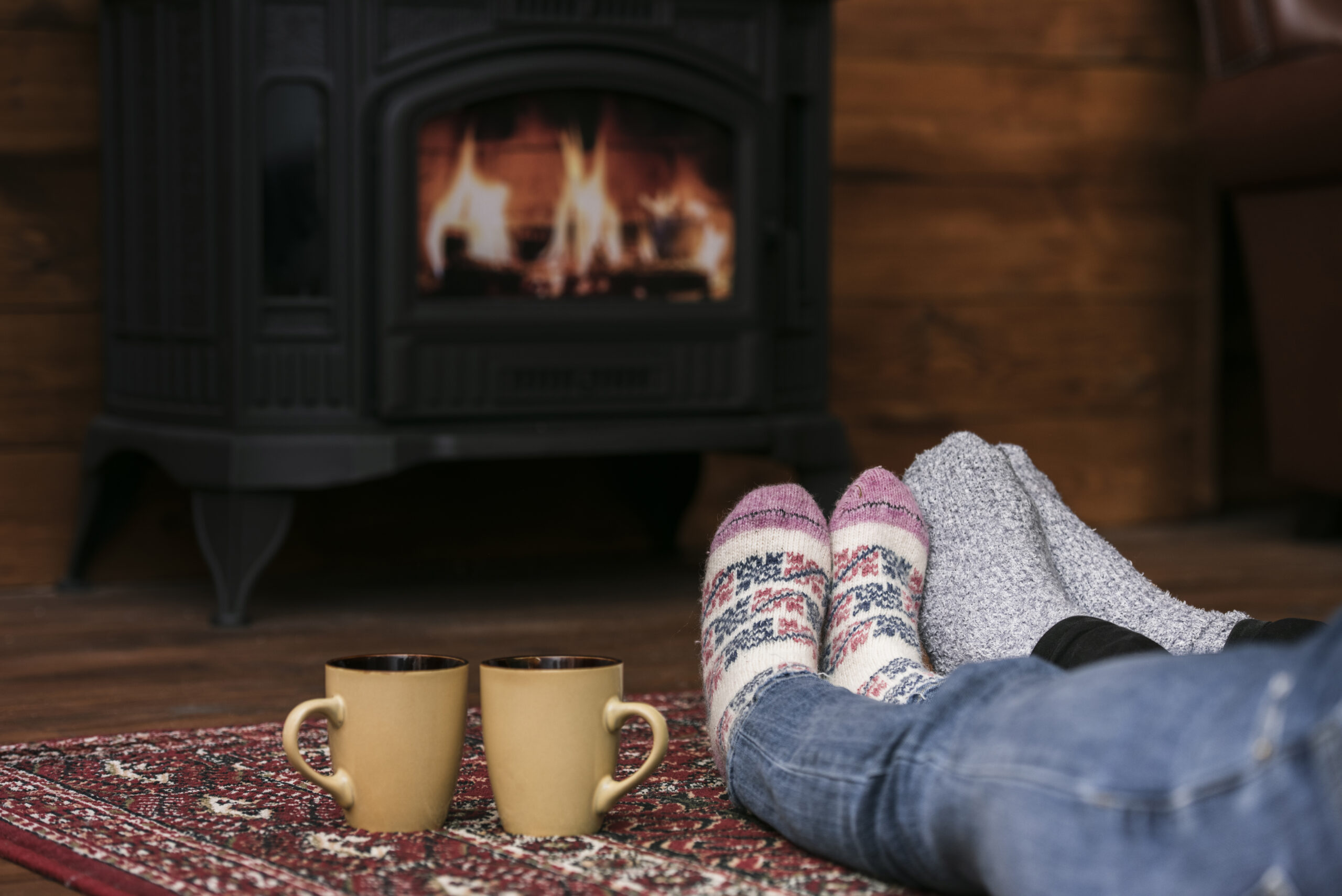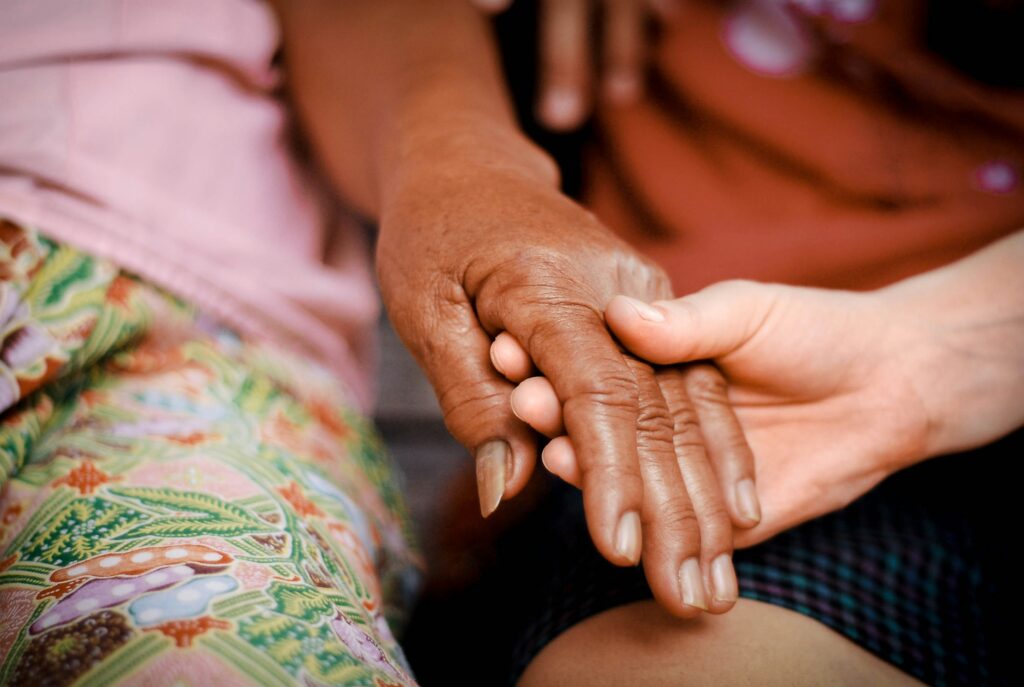The article addresses the health risks associated with winter storms, noting that death rates in the United States increase by 8% to 12% during winter months, with over 19,000 Americans having died from cold-related causes since 1979. This surge is attributed to seasonal changes in behavior, increased exposure to respiratory diseases, and the impact on the human body.
Special attention is given to vulnerable populations, including infants and older adults, who struggle to maintain core body temperatures. Recommendations include ensuring infants sleep in warm rooms and checking on older neighbors to guarantee adequate heating. The risk of hypothermia rises when indoor temperatures fall below 50 degrees for an extended period.
Indoor safety measures are emphasized, particularly the avoidance of carbon monoxide poisoning. The article advises against using generators, grills, or stoves indoors, stressing the importance of carbon monoxide detectors when using heaters. Using the kitchen stove for heat is discouraged, with alternatives like extra blankets, sleeping bags, or well-maintained fireplaces suggested.
Outdoor safety measures involve avoiding travel on icy roads and, if stranded outdoors, staying inside the vehicle to prevent hypothermia. Outdoor activities, such as shoveling snow, should be performed slowly, and individuals participating in outdoor recreation are encouraged to travel in pairs with emergency kits and cell phones.
The risks of frostbite and hypothermia are highlighted, with recommendations to limit outdoor exposure, dress in warm layers, and take immediate care, such as immersion in warm water, in case of frostbite. Moisturizing is emphasized to prevent dry and cracked skin during extremely cold temperatures, particularly for those with winter-related skin conditions.
The impact of cold weather on respiratory health is discussed, with colder, drier air potentially causing complications for individuals with respiratory illnesses. The article underscores the importance of annual vaccinations, such as flu and Covid-19 shots, to prevent respiratory issues.
Finally, cardiovascular risks associated with frosty weather are addressed, especially for individuals with heart conditions. Recommendations include avoiding strenuous activities like snow shoveling and exercising too much, as a drop in temperature has been associated with an increased risk of heart attack. Overall, the article provides comprehensive guidance on staying healthy and safe during winter storms.











